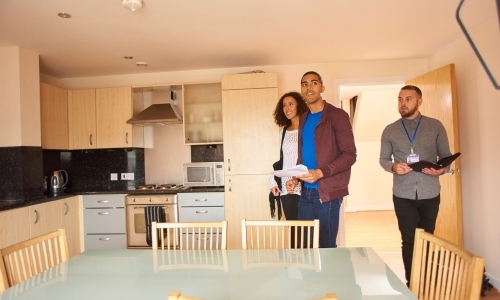
The property market in 2025 continues to offer strong investment opportunities, with emerging trends reshaping the landscape. From rental demand to sustainability-focused developments, investors are adapting to new priorities and market shifts.
The rise of regional hotspots
While London remains a key market, investors are increasingly looking at regional cities such as Manchester, Leeds, and Birmingham. These cities offer strong rental yields, growing employment hubs, and improved infrastructure projects that attract both tenants and buyers.
Sustainability as a key investment factor
With stricter EPC regulations and growing demand for eco-friendly homes, properties with energy-efficient features are becoming more attractive investment choices. Buyers are prioritising homes with solar panels, heat pumps, and smart energy systems, making sustainable properties a lucrative market for investors.
Short-term rentals and the changing rental landscape
Holiday lets and short-term rentals continue to grow in popularity, especially in tourist-friendly cities. With platforms like Airbnb thriving, investors are capitalising on flexible rental models that offer high yields. However, new regulations on short-term rentals may impact long-term profitability, making it essential for investors to stay informed.
A strong year for property investment
With growing regional markets, sustainability considerations, and innovative rental strategies, 2025 presents promising opportunities for property investors.